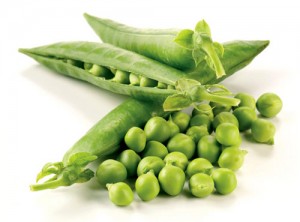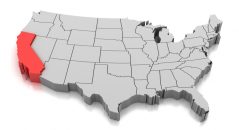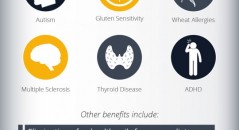 Many people think plant protein is just something vegans and vegetarians have to worry about. Even if you’re a ravenous carnivore, getting some of your protein from plants can boost your health and reduce your carbon footprint.
Many people think plant protein is just something vegans and vegetarians have to worry about. Even if you’re a ravenous carnivore, getting some of your protein from plants can boost your health and reduce your carbon footprint.
Plant protein is good for you
Most plants contain protein, some more than others. Plants also offer the eater many other key nutrients like vitamins, minerals, antioxidants, fiber, and omega-3 fatty acids. Plant foods also offer healthier fats when compared with many meats which are higher in saturated fats. Frequent consumption of plant foods is associated with a reduction in many common health problems and diseases.
- A diet rich in vegetables and fruits can lower blood pressure, reduce risk of heart disease and stroke.
- Eating more plants will cause you to have a higher fiber intake, which has been shown to decrease risk of colon cancer and digestive disorders.
- According to studies, the risk of dying from any medical condition is lowered by 5 percent for each additional daily serving of fruit and vegetables you eat.
- Eating seven portions of fruit and vegetables each day reduces the specific risks of death by cancer and heart disease by 25%.
- Research studies have found that consumption of 4 servings of beans per week was associated with an 11% reduction in risk of cardiovascular disease and a reduction in bodyweight.
Plant protein is better for the environment
Between 1971 and 2010 consumption of meat has tripled worldwide. The dramatic increase in animal product consumption throughout the modern world has taken a toll on our environment.
- The production of red meat alone is responsible for 10 to 40 times as many greenhouse gas emissions as common vegetables and grains.
- A factory farm can produce as much sewage waste as a small city.
-
A 2009 study found that four-fifths of Amazon Rainforest deforestation can be linked to cattle ranching.
Plant protein sources
Many whole grains, vegetables, beans, seeds and nuts contain a substantial amounts of protein. If you include a wide variety of these foods in your diet, you’ll be able to decrease your animal product consumption while still getting enough protein in your diet.
It’s important to understand how much protein you need to get into your diet to remain healthy. If you’re unsure as to how much protein you need or if you’re even getting enough, read our article How Much Protein Do I Need ?
The list of high protein plant foods below might shock you. It’s easy to see how plants can be a valuable source of protein when you look at the numbers.
High protein vegetables
1 cup boiled peas – 9 grams
1 avocado – 10 grams
1 cup broccoli – 5 grams
High protein grains
1 cup quinoa- 9 grams
1 cup oats-6 grams
1 cup cooked buckwheat- 6 grams
High protein legumes
1 cup lentils- 18 grams
1 cup chick peas- 14.5 grams
1 ounce peanuts- 6.5
High protein nuts and seeds
1 ounce pumpkin seeds- 9.3 grams
1/4 cup chia seeds- 12 grams
1/4 cup hemp seeds- 10 grams
Follow this link to find an extensive list of plant protein sources. Protein comes in a wide variety of forms from plants to animals and dairy. A healthy diet should include a variety of protein sources. Even if you’re not a vegetarian you may want to consume more plant based proteins to protect your health and the environment.






